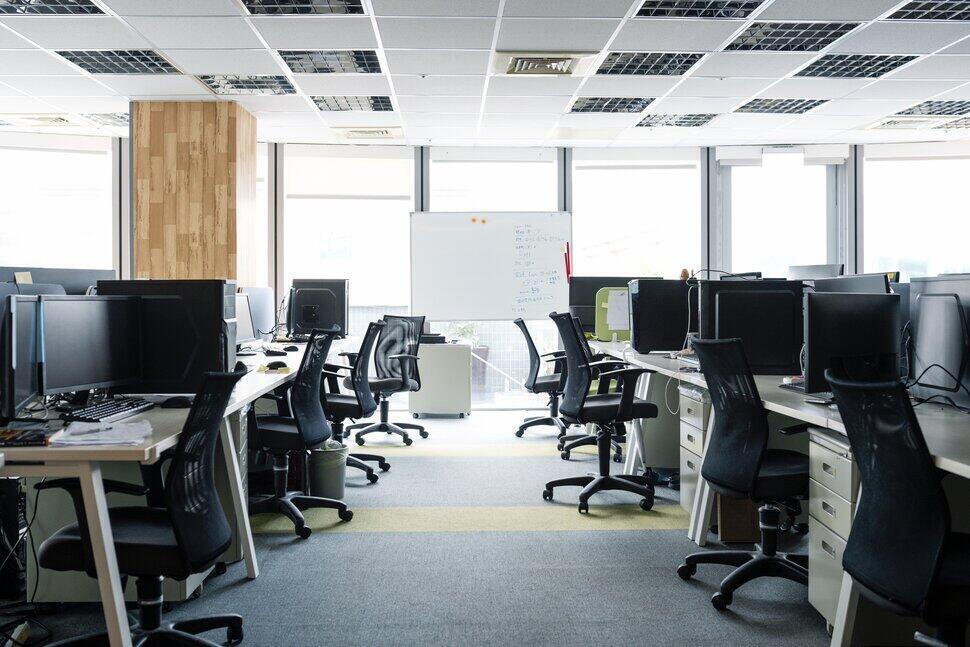Getting your Trinity Audio player ready...
The Innovation Authority's latest high-tech report, released on Tuesday, paints a nuanced picture of the sector, highlighting significant concerns for its future, primarily due to the ongoing conflict in Gaza.
In 2024, the high-tech sector has experienced a regression to 2018 levels in business activity metrics. Notably, there has been a pronounced 55% decrease in investment in Israeli startups in 2023 and a 70% drop in venture capital fundraising compared to the 2018-2022 period.
Surveys conducted among 500 high-tech companies reveal that startups are particularly affected. Approximately 40% express growing concerns about future funding, anticipating lower-value investment rounds. Most companies have curtailed their hiring plans for the coming year. The war has led to a slowdown in business activities, delays in product development, cost-cutting measures and unmet targets.
The report's authors note that national instability has negatively impacted the global perception of Israeli startups, including among investors. This has already led to the relocation of activities and intellectual property abroad. Nearly a quarter of venture capital funds estimate that over 30% of their portfolio companies have moved significant operations abroad or plan to do so soon. Raising capital for these funds has plummeted by 70% in 2023 compared to the average between 2018-2022.
In 2023, the high-tech sector accounted for about 20% of Israel's GDP and 53% of exports, totaling $73.5 billion. Historically, high-tech has served as an "economic shock absorber," notably during the COVID-19 pandemic and the 2023 Ukraine conflict. Despite this, government investment in high-tech remains lower than in countries like the US, UK and South Korea.
Given its international connections (investors, multinational corporations, clients, research, and academic ties), the high-tech sector is highly sensitive to Israel's foreign relations and global standing. The current situation's impact on Israel's reputation poses significant risks to the future of high-tech, as reflected in recent credit rating downgrades. The sector's heavy reliance on foreign investments makes it particularly vulnerable during crises.
Growth Amid Challenges
Despite challenges, Israeli high-tech continues to grow, albeit more slowly. As of 2024, approximately 9,200 high-tech companies operate in Israel, with 600 new companies founded in 2023 – a decline from previous years. There are 393 public companies valued at $234 billion. The sector employs around 400,000 workers, making up 12% of Israel's workforce, with a 2.6% increase since 2022. Multinational development centers employ close to 90,000 workers. Since the beginning of the year, 11 Israeli companies have been acquired for over $2 billion, and Waze announced the largest-ever fundraising for an Israeli startup – $1 billion.
The average high-tech salary has risen to 30,217 shekels per month, a 7% increase in 2023 and nearly four times the average salary increase in other sectors over the past decade. However, demographic diversity remains stagnant: 64% are non-Haredi Jewish men, 31% are Jewish women, and Haredim and Arabs together constitute less than 5%.
Impact from military reserves
By the end of 2023, 28,000 high-tech workers served in the reserves, with 60% in research and development roles. The higher the percentage of a company's employees in the reserves, the greater the impact on the company. By early 2024, the number of high-tech workers in the reserves had decreased to less than 12,000, about 3% of the sector's workforce.
To mitigate risks, the Innovation Authority recommends establishing a multi-year government investment plan in high-tech to create certainty in the sector. This government commitment would send a positive market signal. Additionally, investing in quality technological education for all population groups is crucial. Continued employment growth in the sector, exceeding the natural population growth rate (about 2% per year), is vital for high-tech to remain a positive force in the Israeli economy.
Expert reactions
Alon Stopel, chairman of the Innovation Authority, emphasizes the need for increased government R&D investment. "Unlike major technological hubs worldwide, Israel's government budget for R&D is relatively low. Strengthening the high-tech sector's resilience through additional budgetary allocations is essential," he says.
Dror Bin, CEO of the Innovation Authority, warnsed that: "The war's damage to Israel, reflected in the credit rating downgrade, could lead to decreased investments and capital inflows. In a sector dependent on foreign capital for growth, this is a significant threat. It is our duty to prevent a funding shortage scenario."




